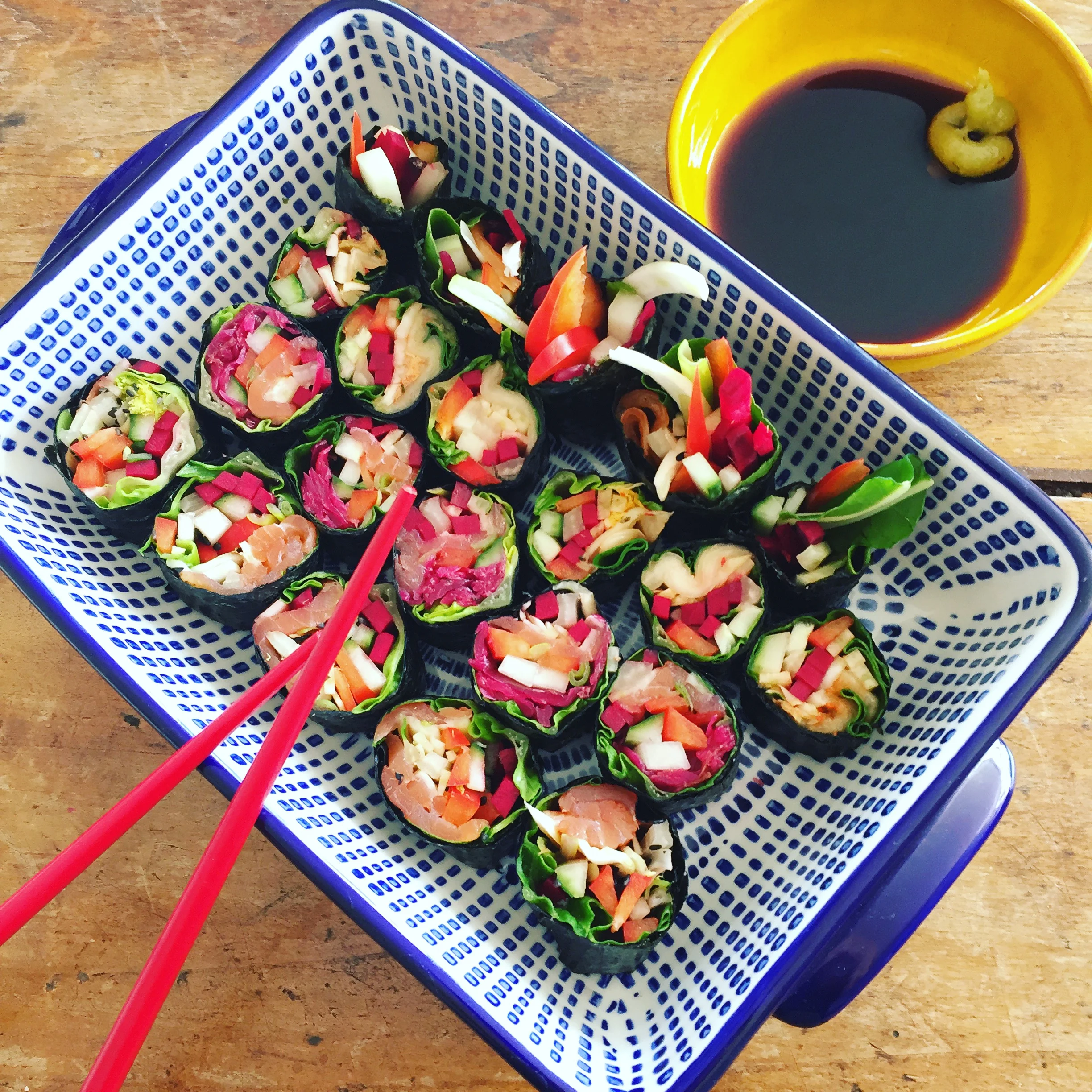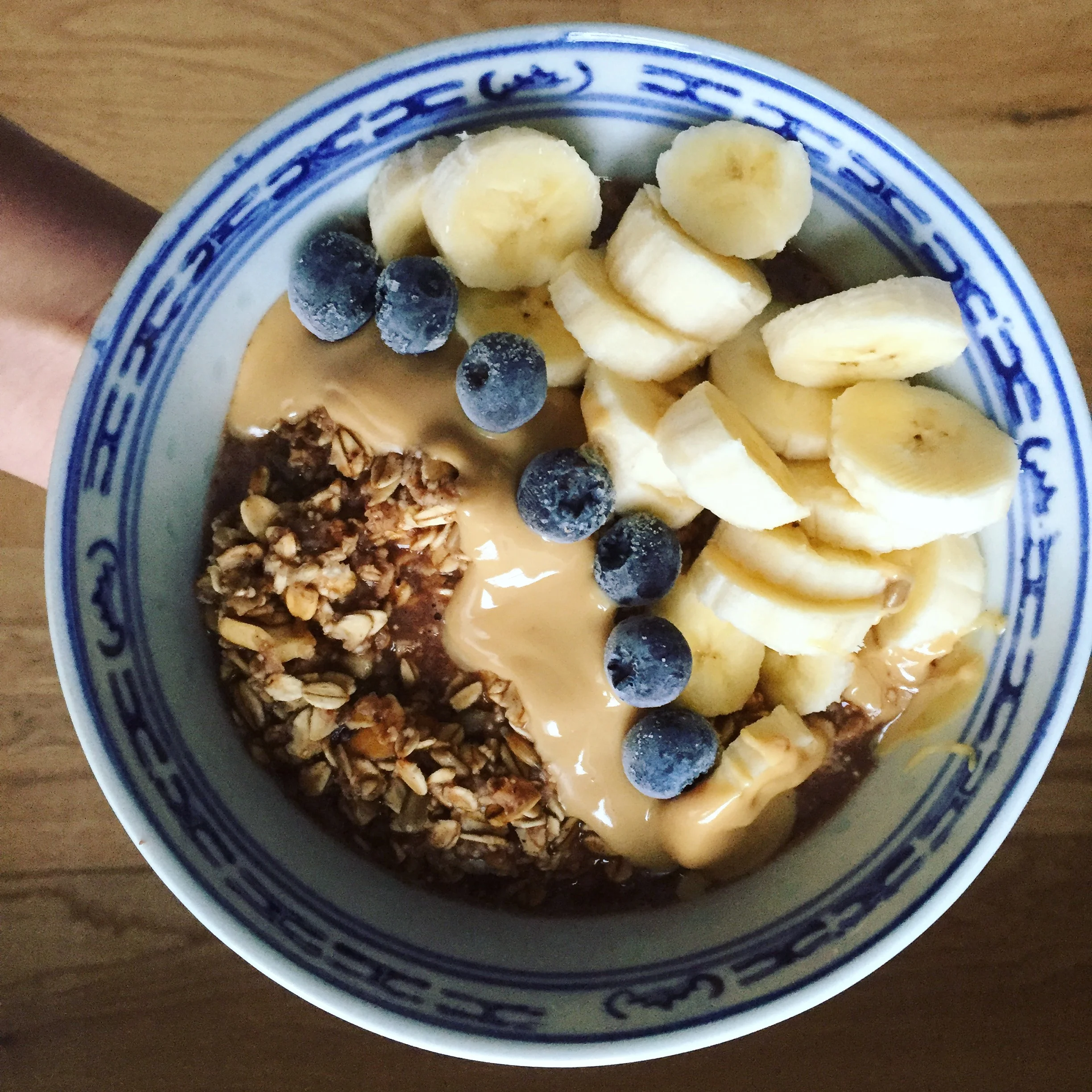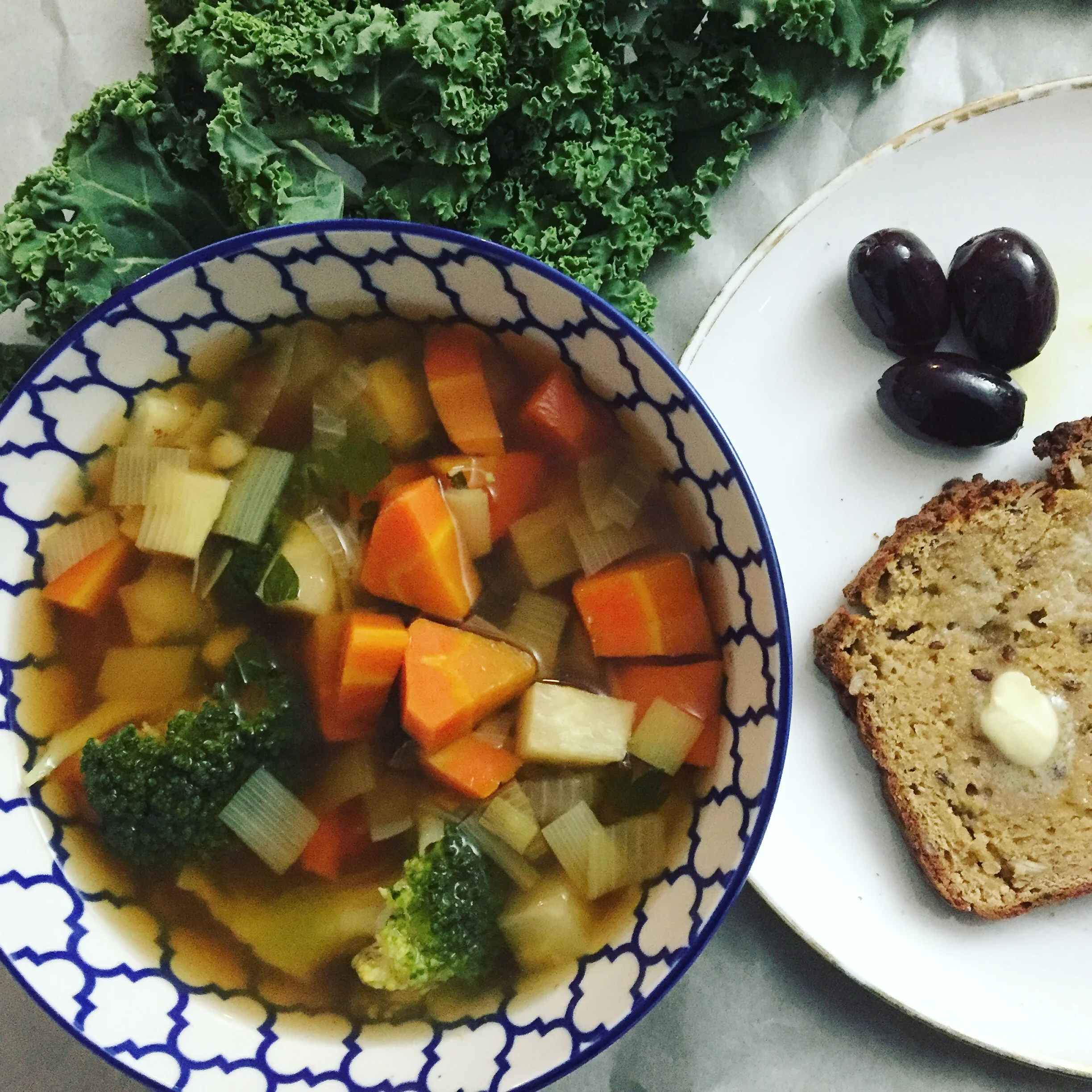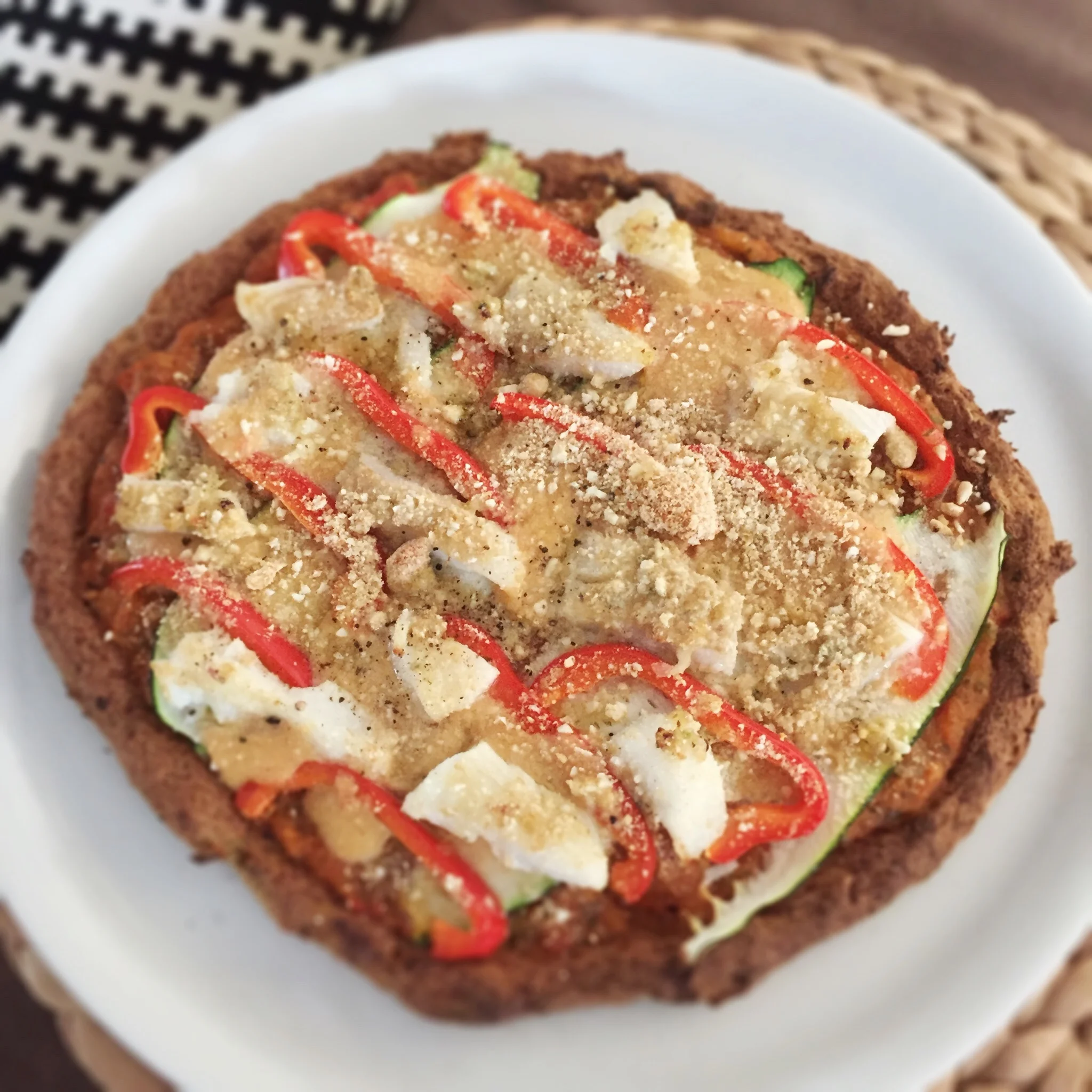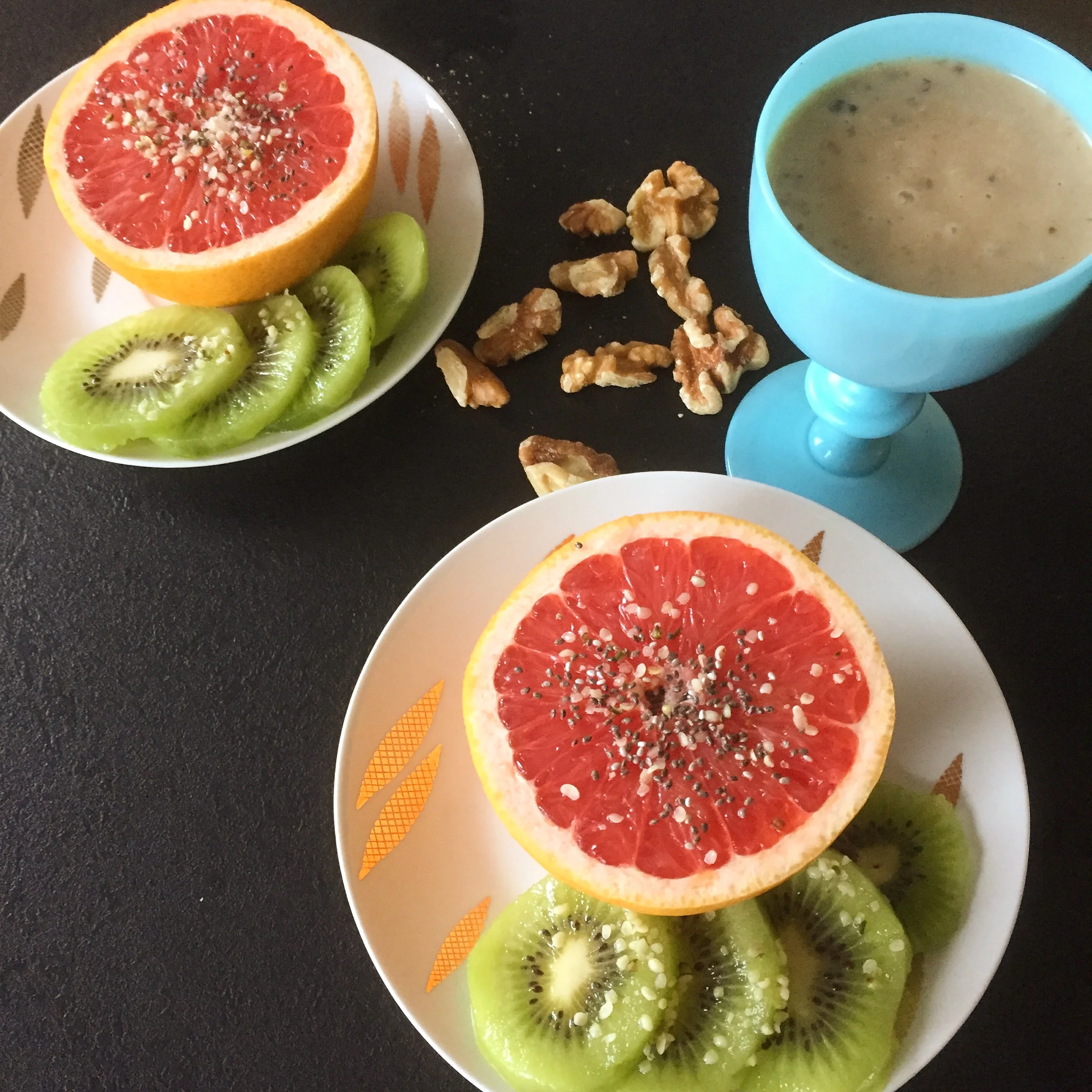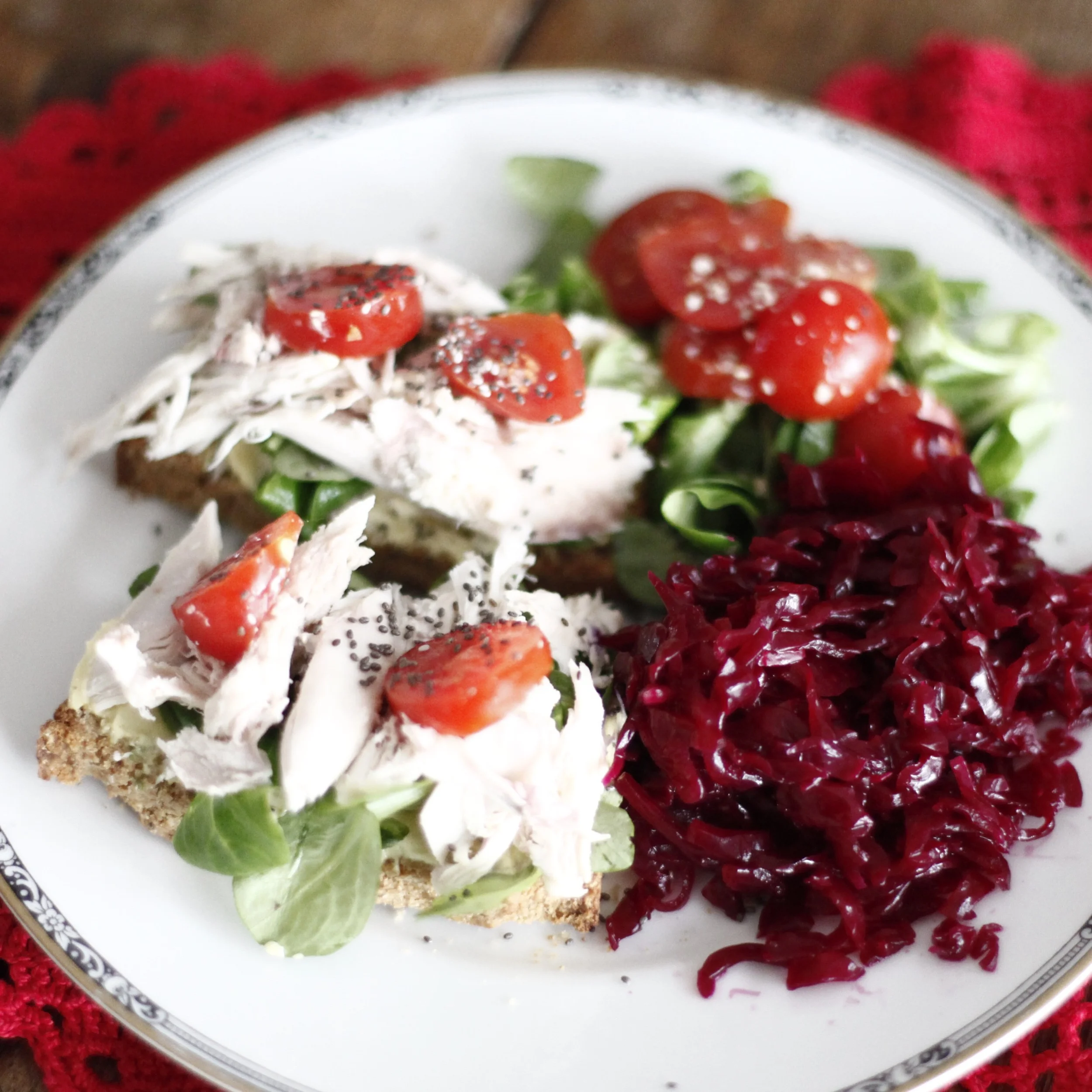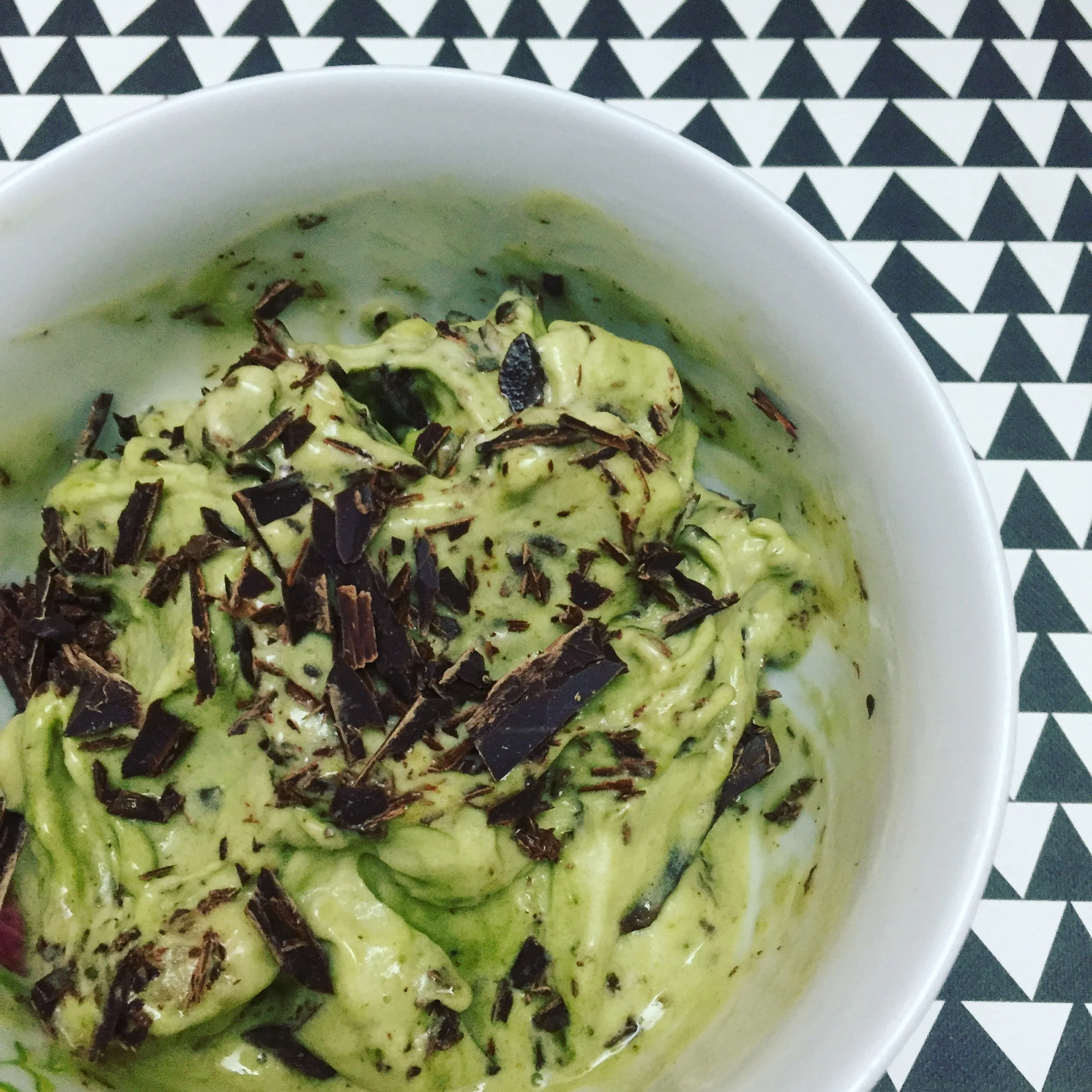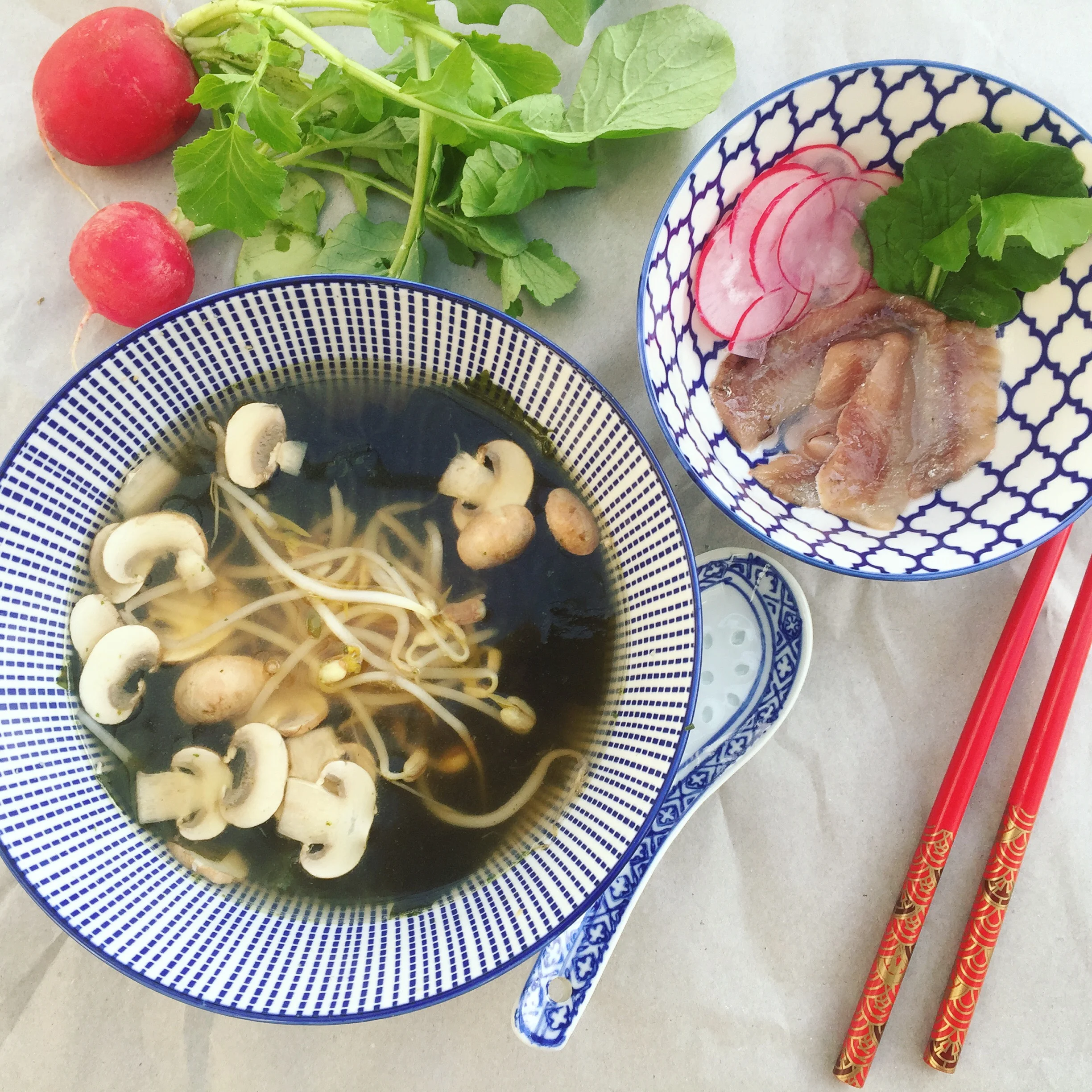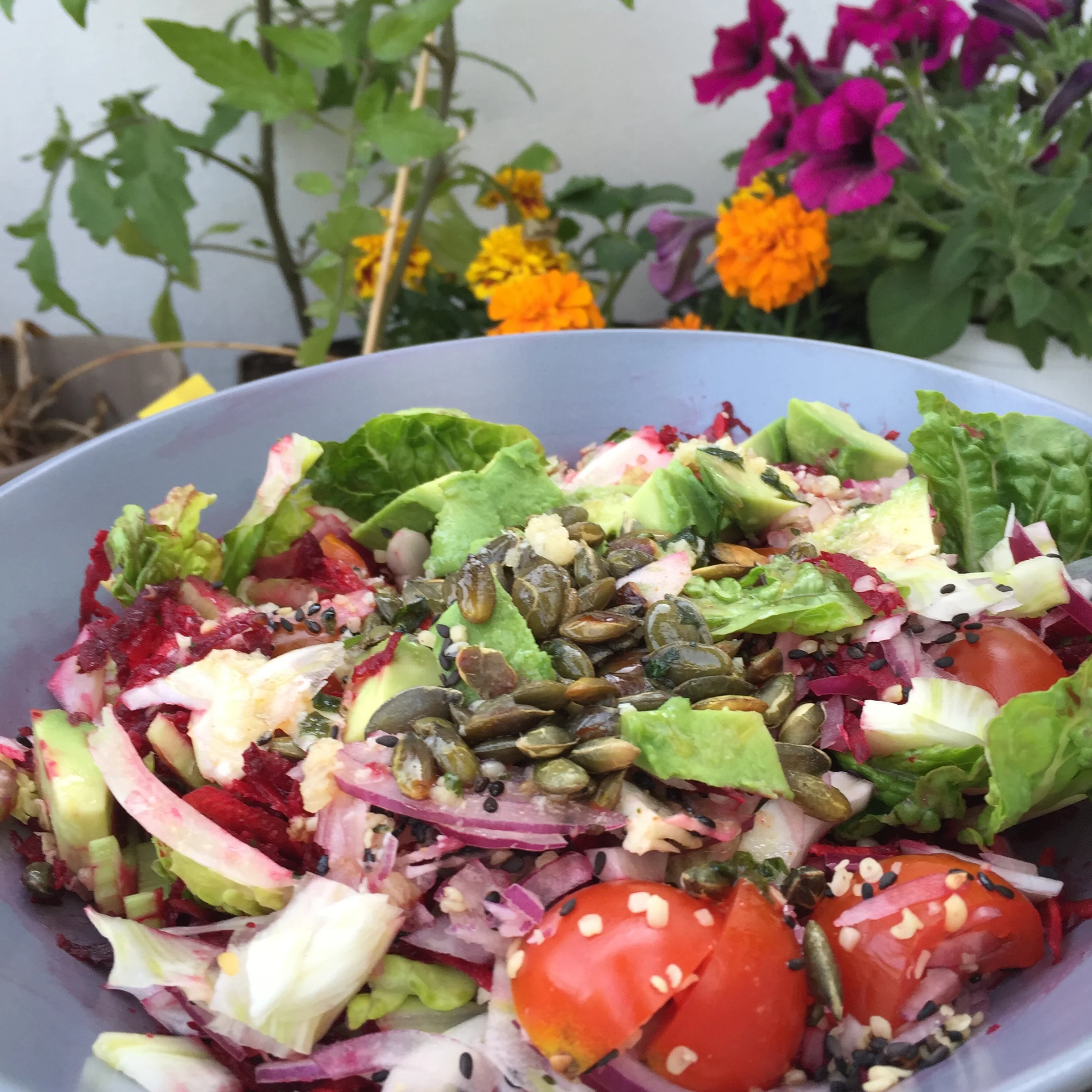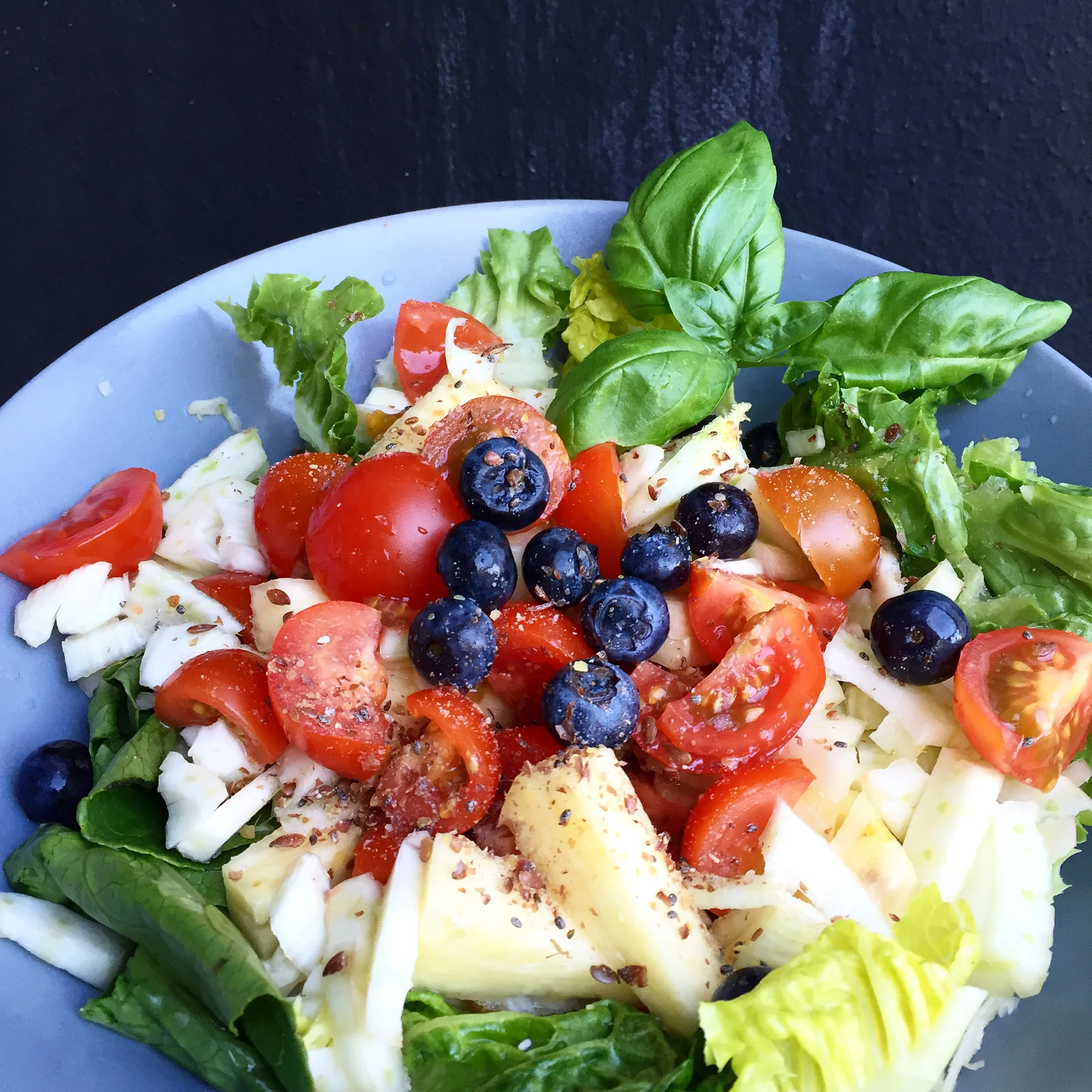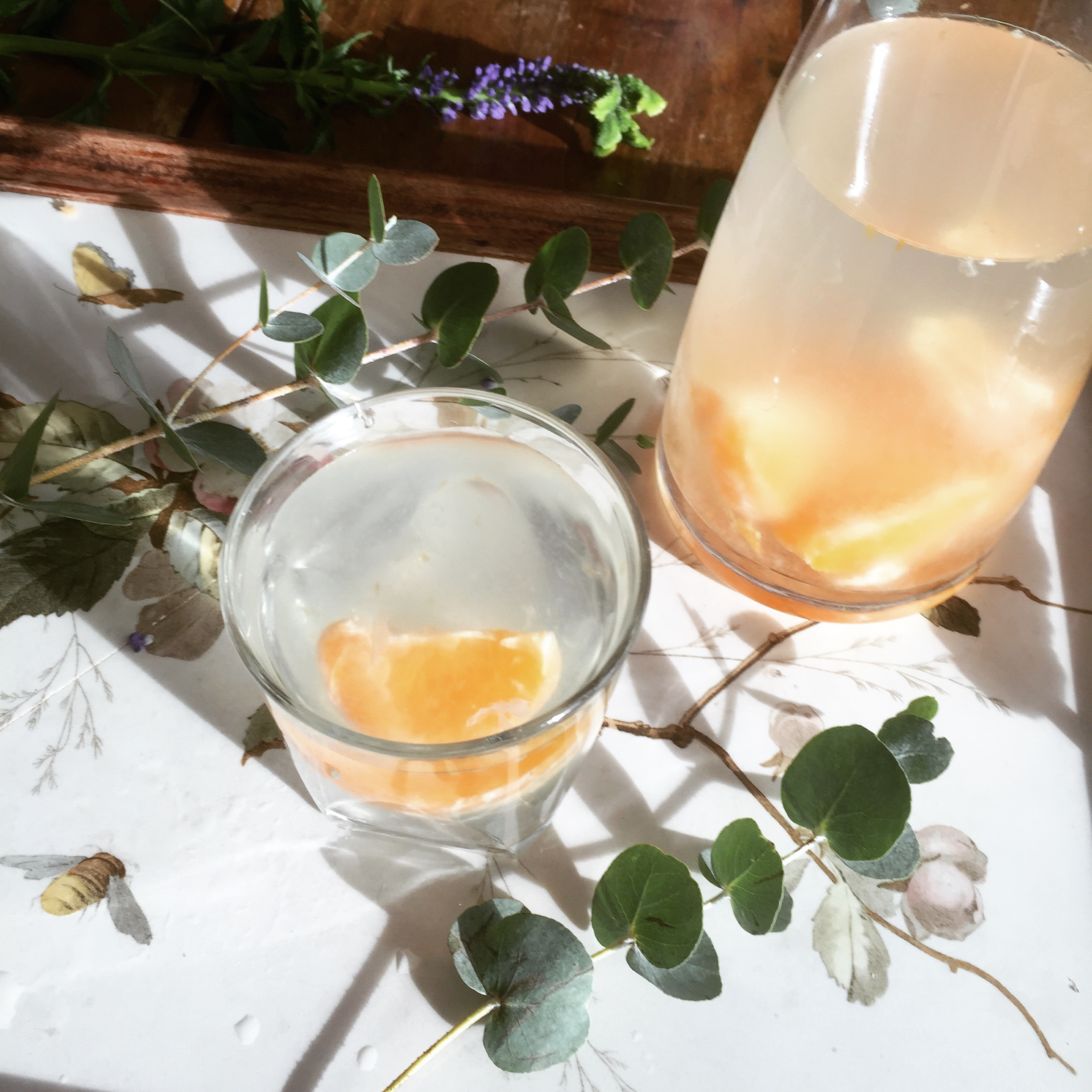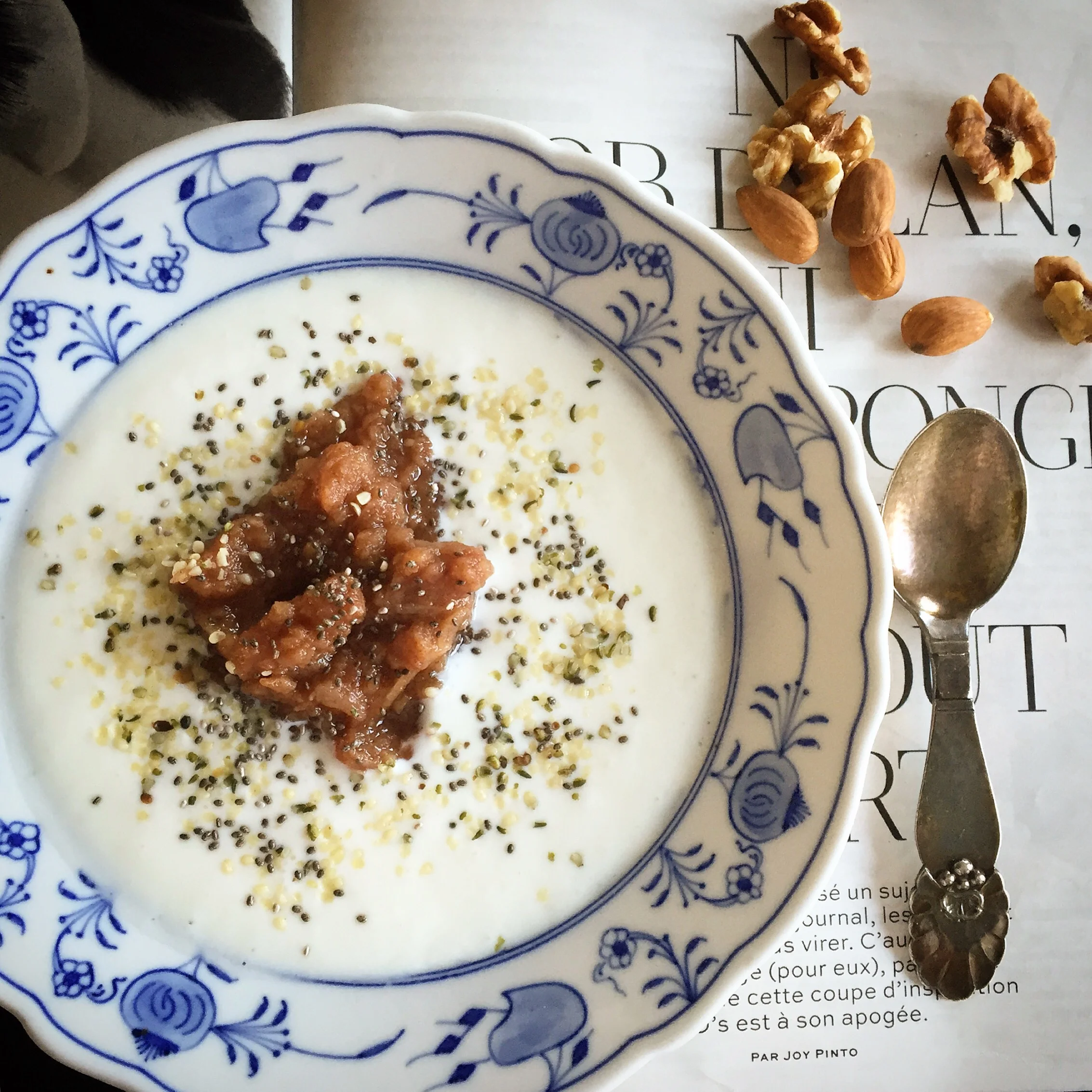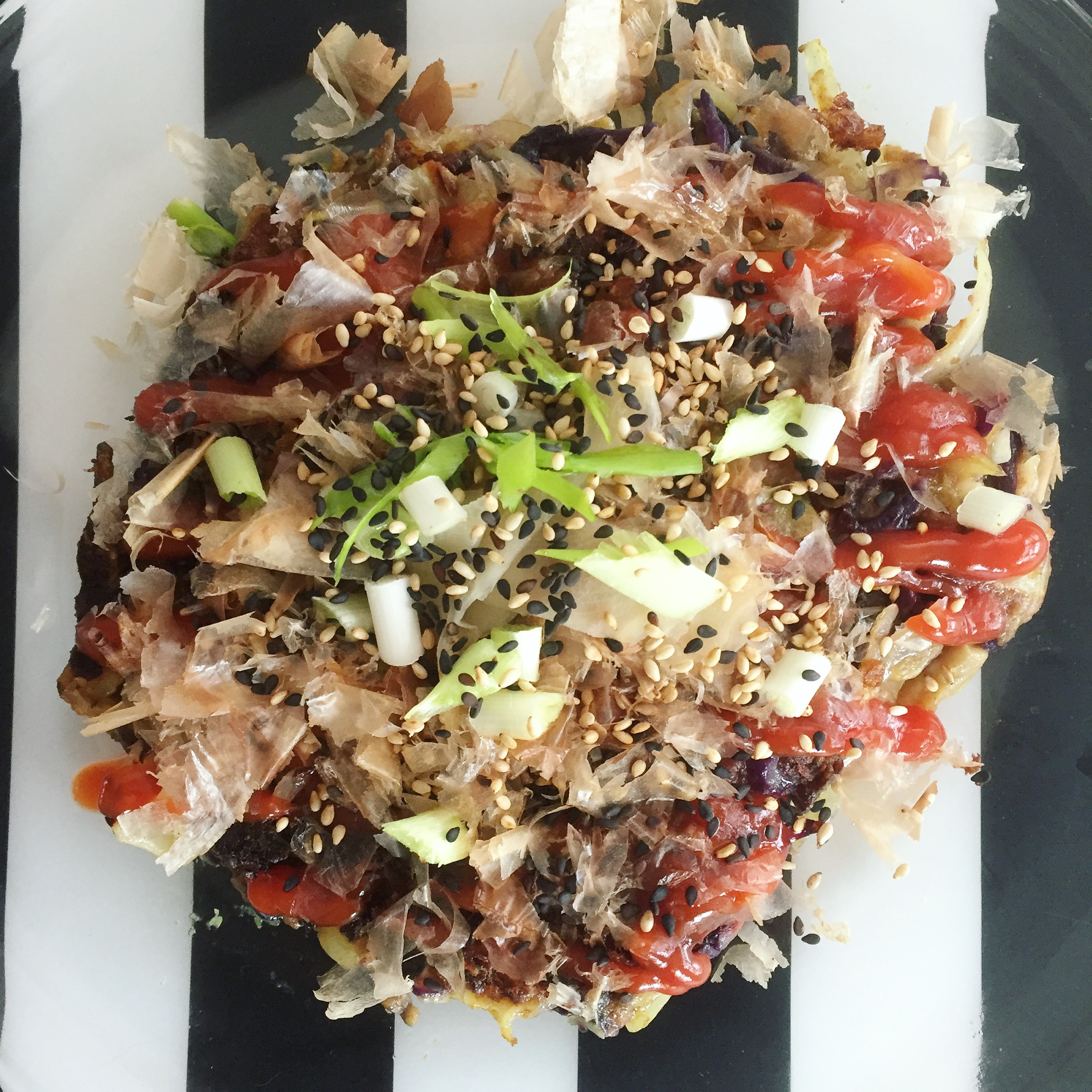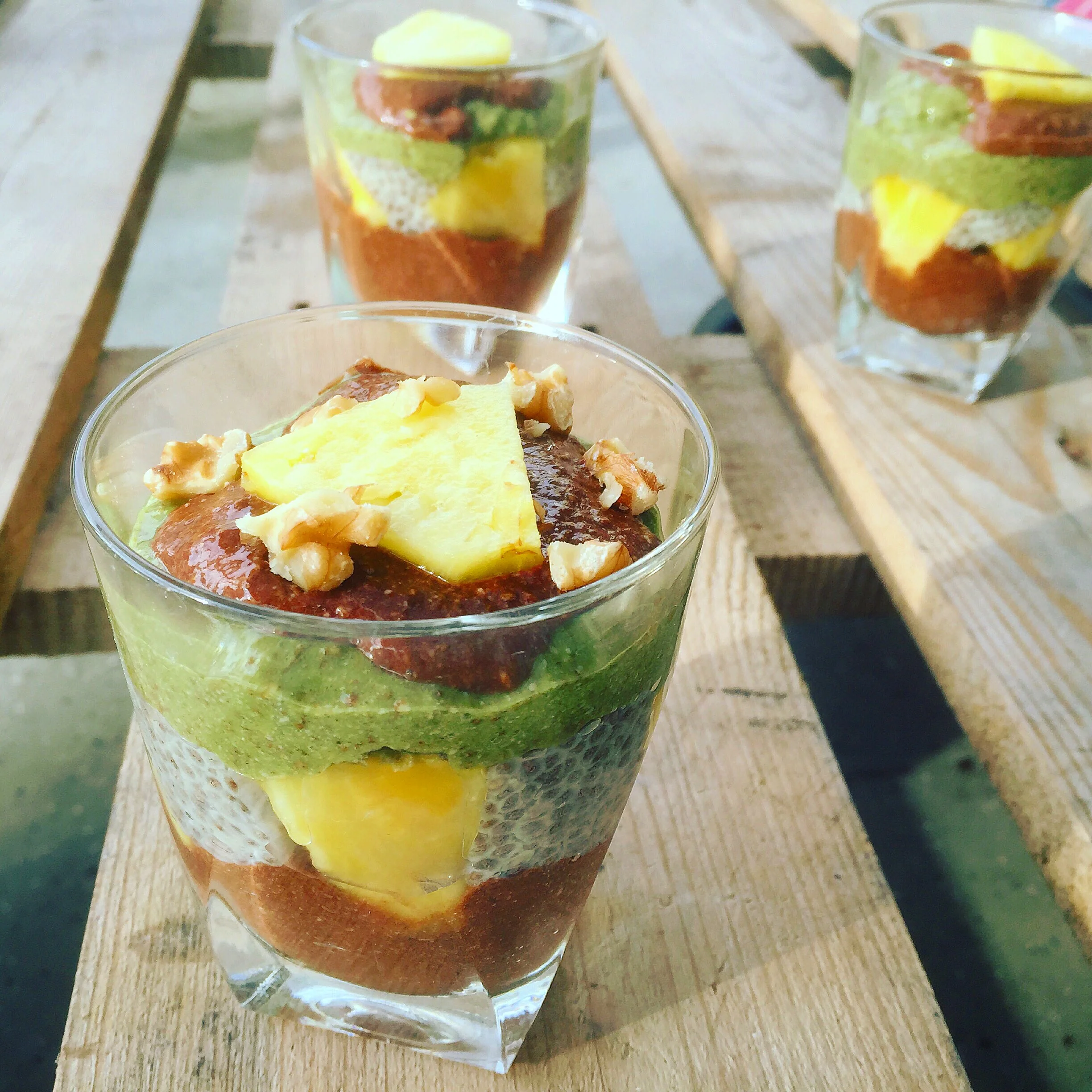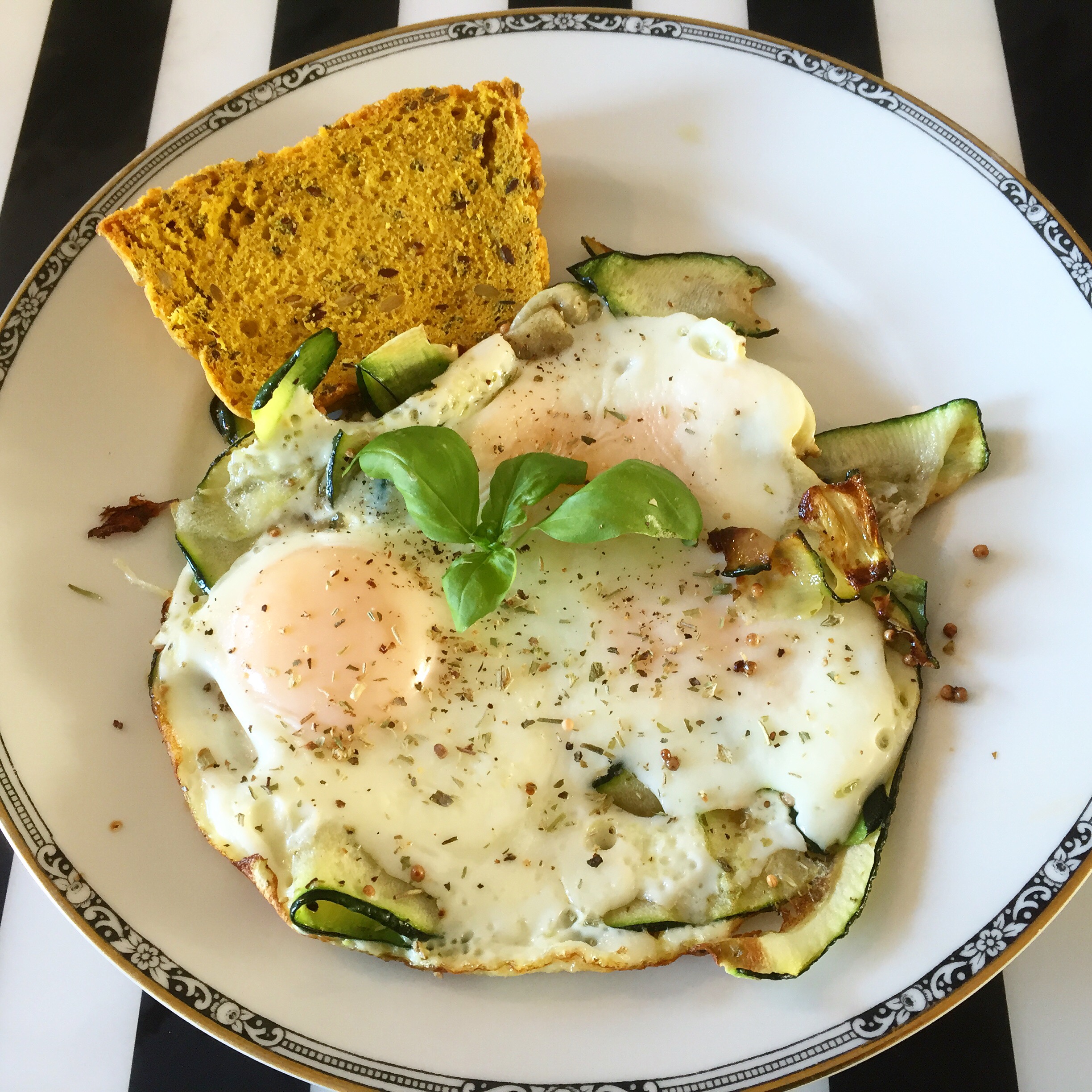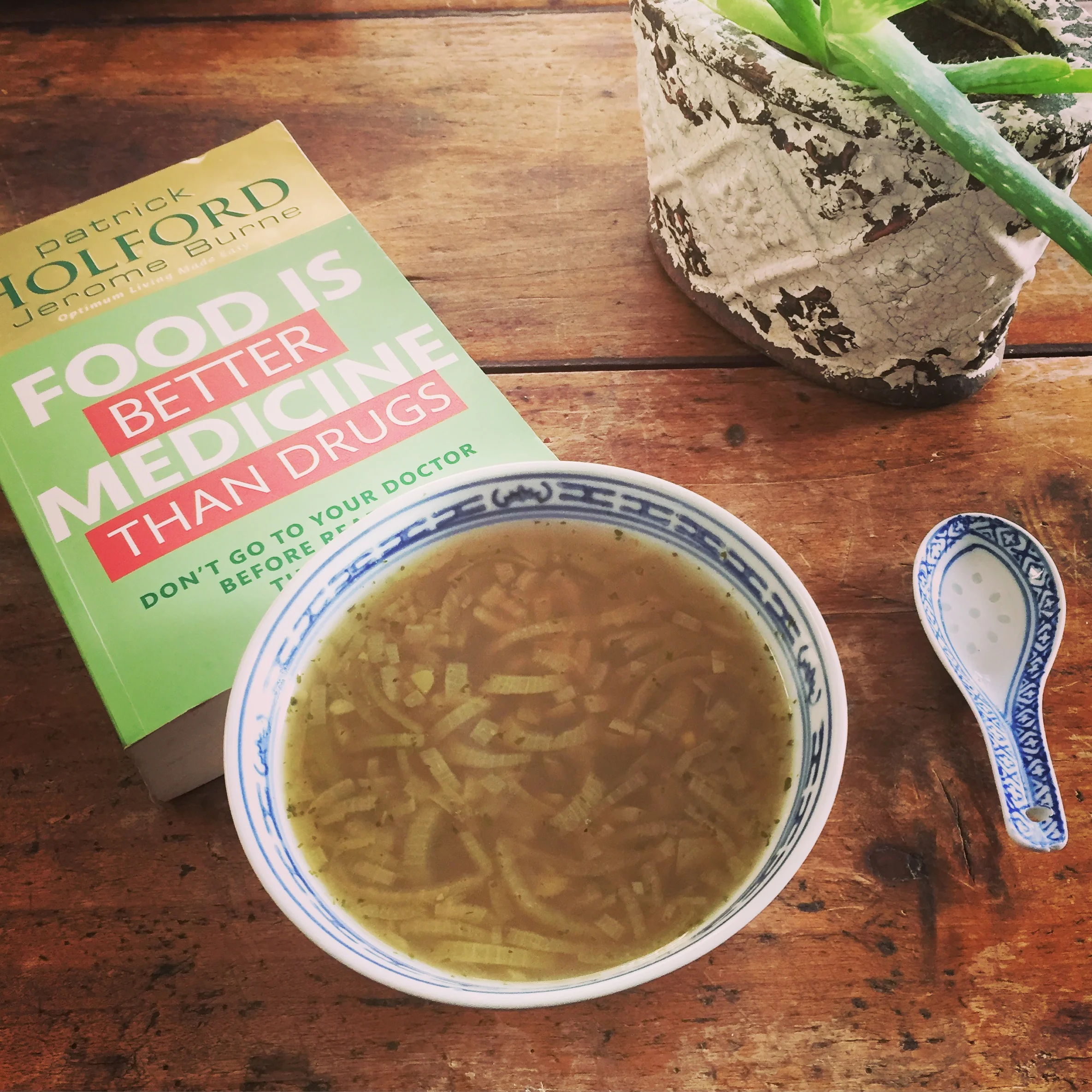I am not anti gluten free, in fact having hypothyroidism I'm intolerant to the stuff myself. But It seems everyone has hopped on to the gluten free wagon without really considering what actually is in these mass produced gluten free products. In fact many of these so called healthier gluten free options are just as refined as their gluten packed counterparts. I believe the only reason more and more people have become intolerant to gluten or wheat is because of the shear amount of refined wheat based products that we have in our diets. It's important to understand, considering the state of industrial agriculture (see blog on the development of agriculture) how vital it is that we consume foods that have the maximum amount of fibre, vitamins and minerals in order for our bodies to thrive, this means eating organic, non processed or refined foods whenever possible.
Intolerances are dose dependant and can come and go depending on how stressed you are at the time. Also it's pretty normal to feel bloated after half a loaf of white bread. It would be healthier for a person who has a mild intolerance to gluten to eat a moderate amount (1 or 2 slices a day) of homemade brown bread than to eat heaps of refined gluten free products. Everything lies in finding the balance that is right for you.
Now having coeliac disease is another thing altogether, it is an autoimmune disease that affects around 1 in 800 people. This disorder makes your body incapable of processing gluten, it causes the villi in the small intestine to become flattened or damaged. The villi are long tentacles in the intestines that help the body absorb nutrients and vitamins into the body. The result of them becoming flattened means the body can no longer absorb the vital nutrients needed for the body to function properly and the intestines become inflamed.
The only way to treat coeliac disease is to adopt a gluten free diet, removing wheat, barley and rye from your diet. Unlike a mere intolerance to gluten, people with coeliac disease will have to avoid gluten for the rest of their lives. It can appear in childhood but can also develop later on in life.
Leading a gluten free lifestyle can be challenging. Especially when eating out. It is also hidden in many foods one might not be aware of, like soya sauce. Although more and more places seem to cater for a gluten free diet, this is where the craze has come in handy.
When a person with coeliac disease removes gluten entirely, the villi in the intestines grow back to their tentacle like state, it might take months or years but optimal health will inevitably follow.
Below is an example of a day's diet as a Coeliac sufferer.
BREAKFAST:
Buckwheat banana pancakes With date syrup and raspberries
Eating Healthy absolutely does not mean eating boring tasteless foods.
Ingredients:
2 rip bananas
4 eggs
¾ cup Buckwheat flour
(Recipe for 3 portions)
SNACK:
1 cup of Kefir with fresh lemon juice & a tsp chia and hemp seeds
LUNCH:
Mackerel beetroot Salad
Ingredients:
Cooked beetroot
Smoked mackerel
Celery
Spring onion
Sunflower seeds
SNACK:
Cucumber/carrot/celery sticks with a little hummus
DINNER:
Creamy leek & potato soup (with almond cream) with 1 Slice of nut and seed bread
Ingredients for 1 loaf of nut & seed bread:
1 cup sunflower seeds
½ cup flax seeds
½ cup hazelnuts or almonds
1 ½ cups rolled oats
2 Tbsp. chia seeds
4 Tbsp. psyllium husk seeds
1 tsp. fine grain sea salt
1 pinch of stevia
3 Tbsp. melted coconut oil
1 ½ cups water
Recipe from My New Roots http://www.mynewroots.org/site/2013/02/the-life-changing-loaf-of-bread/



